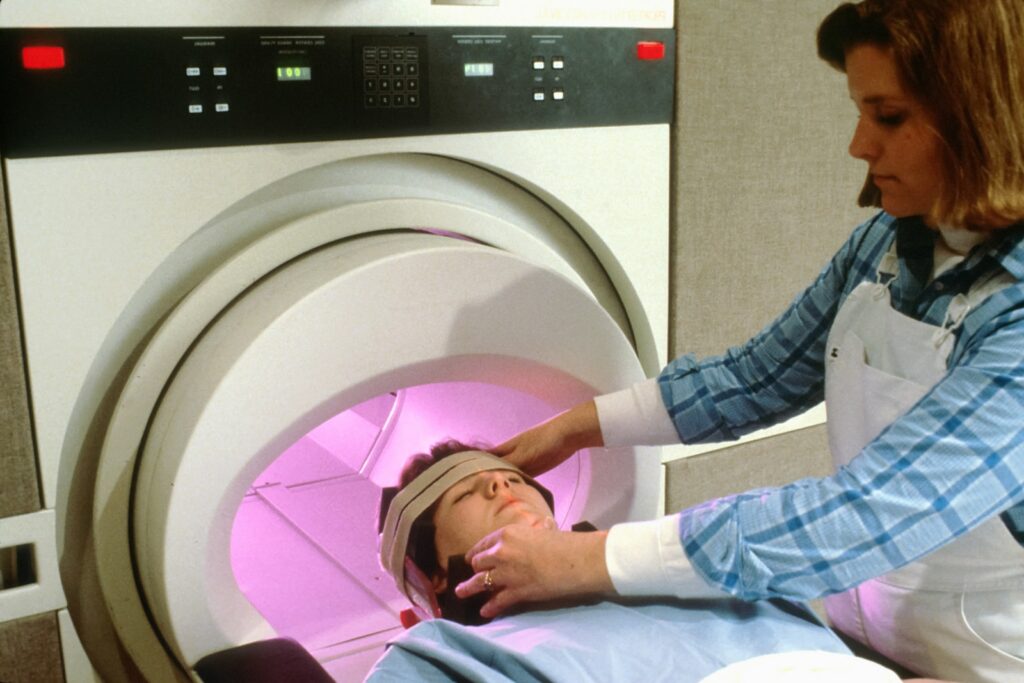As you probably know if you’ve read this blog for a long time, we cover artificial intelligence pretty frequently.

We have to admit that today’s headlines somewhat takes the cake in terms of being both out there and really impressive at the same time.
That’s because researchers at the National University of Singapore, the Chinese University of Hong Kong, and California’s Stanford University have trained an artificial intelligence (AI) to be able to re-create images from brain waves.
Compared to text-to-image AI generative technology, this is pretty next level. To perform the experiment, the team behind it used a fMRI machine (functional magnetic resonance imaging) and scanned participant brains while they looked at over 1000 images.
And surprisingly, the artificial intelligence was able to train itself using the brain waves from these images to figure out what brain patterns are associated with specific image types, NBC News reports. The AI didn't recreate the exact image but it was close enough that it could identify the “genre” or basic composition of the image scanned by the fMRI machine.
In terms of wider applications, the team behind it hopes that it will help people with certain disabilities. Proponents of the technology highlight that it is a real breakthrough for brain analysis and could point the way towards future therapies and a wide range of other scenarios.
Whether it’s text to image or text to video, artificial intelligence is certainly breaking down barriers between human thought and media itself. Of course, with technology that can translate brain waves into images, there’s a whole new set of ethical questions that come along with that, because, as with any new technology, it could be abused.
Any thoughts you might have on artificial intelligence re-creating images directly from the human mind are welcome in the comments section below.
Check out some of our other photography headlines at this link.
[NBC News]





1 Comment
Fascinating article! The concept of streaming images directly from the human brain using AI opens up incredible possibilities for communication and understanding. However, ethical and privacy concerns must be carefully addressed to ensure the responsible development and use of such technology.
I also write a blog on this topic you can read my blog
https://digivider.com/human-brain-vs-ai-unveiling-the-boundaries-of-intelligence/